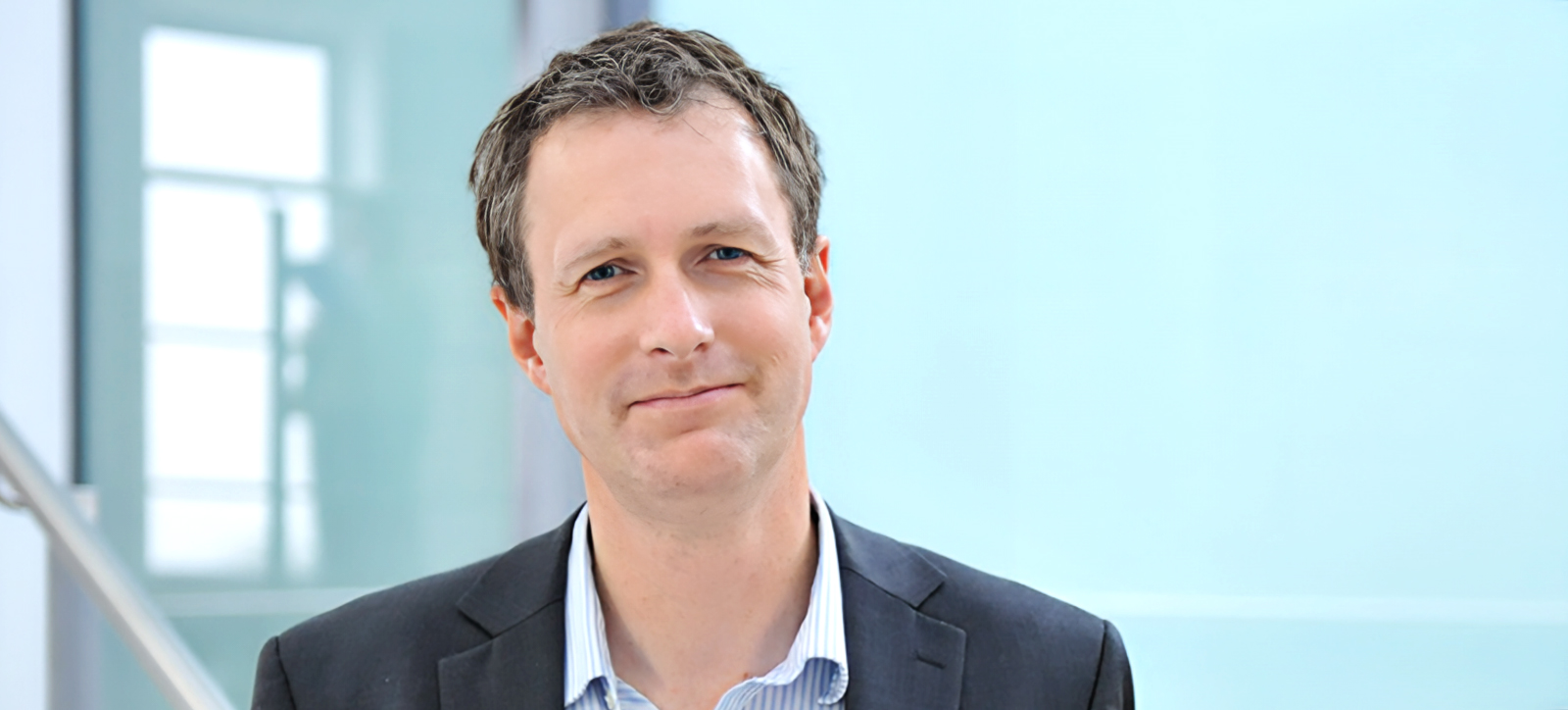
Top man: Nick Chater was awarded the prestigious 2023 David E. Rumelhart Prize
Warwick Business School’s Nick Chater has been honoured with a special issue of Topics in Cognitive Science in tribute to his extensive contributions to the field of cognitive science.
This special issue celebrates Professor Chater’s receipt of the prestigious 2023 David E. Rumelhart Prize, awarded for his groundbreaking work in the theoretical foundations of cognition.
The Professor of Behavioural Science has dedicated more than three decades to exploring the cognitive and social foundations of rationality.
His research spans a wide array of topics, including reasoning, decision-making, perception, language processing, and the innovative virtual bargaining theory of social interaction. His work has not only advanced academic understanding but also influenced public policy and business practices.
Professor Chater, who has supervised many PhD students that have become influential academics including WBS colleagues Neil Stewart and Ivo Vlaev, said: “Receiving the Rumelhart Prize and being recognised in this special issue is a tremendous honour. It is a testament to the collaborative efforts of my colleagues and the vibrant community of cognitive scientists who have inspired and supported my work over the years.”
The editors of the special issue, Morten H. Christiansen, Professor of Psychology and Director of the Cognitive Science of Language Lab at Cornell University and Mike Oaksford, of the University of London, highlighted the significance of Professor Chater's contributions.
“Nick is a true cognitive scientist,” said Professor Christiansen, who co-wrote The Language Game with Professor Chater, a book that details the evolution and acquisition of our many languages. "His work spans psychology, philosophy, computational modelling, the language sciences, and aspects of economics in a way that embodies the spirit of the cognitive science enterprise.”
Professor Oaksford added: “Nick has made significant contributions to the public understanding of science and the application of the cognitive and behavioural sciences to practical problems in public policy and business.
“His 2018 book, The Mind is Flat, was aimed at a broad audience, but it addresses fundamental questions in cognitive science in a radically new way, arguing, for example, for a model of the mind as an improviser, weaving together fragments of information in the moment, rather than guided by stable beliefs and desires. Two of the papers in this special issue address the flat mind hypothesis and its compatibility with human rationality.”
Professor Chater's illustrious career is marked by numerous accolades. He has received the British Psychological Society's Spearman Medal (1996), the Experimental Psychology Society Prize (1997), and the Cognitive Science Society's lifetime achievement award, as well as the David E. Rumelhart Prize.
His book, The Mind is Flat, won the American Association of Publishers PROSE Award for Best Book in Clinical Psychology in 2019.
In addition to his academic achievements, Professor Chater has made significant contributions to the public understanding of science. He co-created and served as the resident scientist on the BBC Radio 4 show The Human Zoo, which provided psychological insights into everyday life and politics over eight series.
Advising the UK Government's Nudge Unit
He is also a co-founder of the research consultancy Decision Technology, which works with governments and companies to improve decision-making processes and was a member of the UK Government’s Climate Change Committee, as well as being on the advisory board of the UK Cabinet Office’s Behavioural Insights Team (or 'Nudge Unit') for many years.
The special issue of Topics in Cognitive Science not only celebrates Professor Chater's past achievements but also looks forward to the future impact of his work.
Professor Oaksford said: “What was obvious from the outset was that Nick was destined to be a star. As I recall, he began three separate PhD theses, and each one almost came to fruition before he settled on the one he finally submitted.
“I have now retired but my collaboration with Nick over almost 40 years has been one of the highlights of my academic career. Collaborating with Nick was not just intellectually stimulating but invariably a lot of fun! We often collaborated at my flat in Barnton in Edinburgh in the early days. My wife had to provide Nick with twice the food she fed me because, I suspect, his metabolism had to work so hard to provide enough energy for that overactive brain.”
Professor Christiansen added: “In the final paper of this special issue, Nick suggests that a productive research strategy for cognitive science is to uncover and try to solve paradoxes about how our minds work. What is clear from his large and immensely impressive body of work is that this strategy works incredibly well, and that the field of cognitive science has much to benefit from others following suit.”
Further reading:
Does the sound of words affect our emotions?
Feel the noise: why people are so unpredictable
Is bias causing business leaders to make mistakes?
Why do systems create problems then nudge us to fix them?
Nick Chater is Professor of Behavioural Science at Warwick Business School. He teaches Judgement and Decision-Making on the suite of MSc Business courses plus Behavioural Sciences for the Manager on the Executive MBA, Executive MBA (London), Global Online MBA, and Global Online MBA (London).
Discover more about Decision-Making and Analytics. Receive our Core Insights newsletter via email or LinkedIn.




 X
X Facebook
Facebook LinkedIn
LinkedIn YouTube
YouTube Instagram
Instagram Tiktok
Tiktok